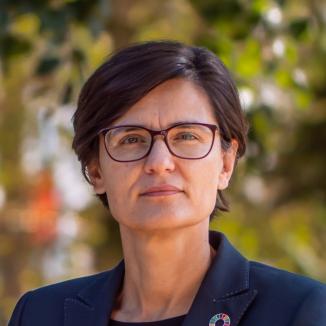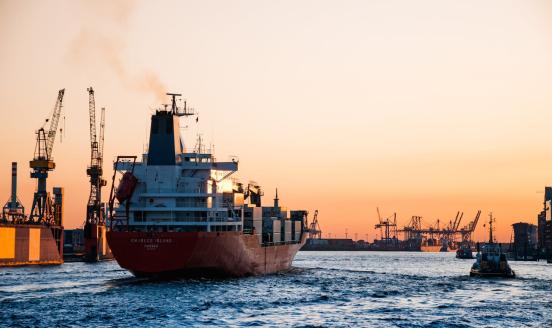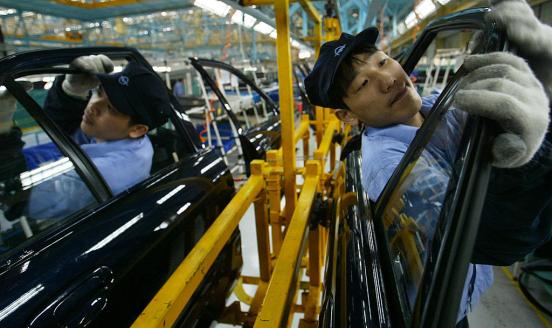Weaponized interdependence: How global economic networks shape state coercion
This event will discuss how states use global economic networks as weapons in geopolitical conflicts
Speakers
Maria Demertzis
Senior fellow
Henry Farrell
Professor of political science and international affairs, George Washington University,
Abraham Newman
Professor, Director of the Mortara Center for International Studies, Georgetown University
At this event Henry Farrell and Abraham L. Newman will discuss the a new framework they have developed for understanding how the interdependence that defines globalization, whatever its economic benefits, also gives countries the weapons they can use in geopolitical conflicts.
In their recent paper they show how increasingly, states are employing global economic networks to fulfill their strategic objectives. A structural explanation of this phenomenon argues that network topography produces enduring power imbalances among states. As asymmetric network structures centralize power in key nodes, some states are able to “weaponize interdependence” to gather valuable information or to deny network access to adversaries. The United States has leveraged its network advantage in the realms of counterterrorism and nonproliferation.
This event will be held at 12:30-14:30.







